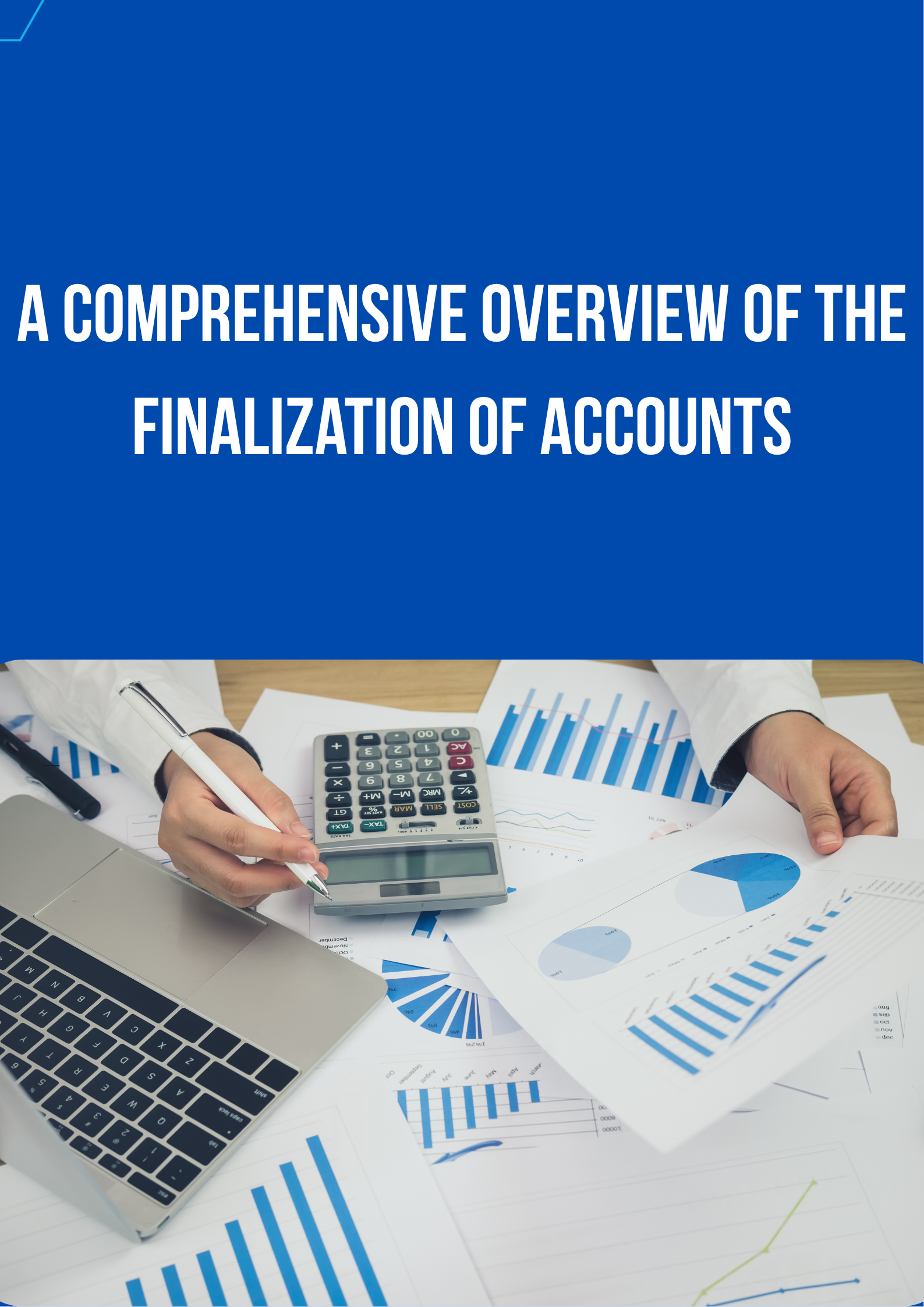A comprehensive overview of the finalization of accounts

Finalization of accounts is a crucial year-end accounting activity for every business, regardless of size or sector. It involves systematically closing the books for a financial year and laying the groundwork for the next. This ensures accurate financial reporting, regulatory compliance, and informed decision-making. By maintaining clean and up-to-date books throughout the year, businesses can streamline this otherwise complex process and minimize year-end stress. With increasing compliance demands, using modern accounting software like Zoho Books can greatly simplify and automate many of these steps.
The finalization process typically includes pre-closing activities such as verifying and reconciling all transactions, managing depreciation, and passing necessary journal entries for accrued expenses, revenues, provisions, and inventory adjustments. Once records are reconciled and adjusted, transactions are locked to prevent changes. This is followed by preparing key financial statements—balance sheet, profit and loss, and cash flow statements—and handling tax reconciliations using documents like Form 26AS, AIS, GSTR-2A, and 2B. After incorporating tax adjustments, businesses undergo audits and file statutory returns like ITRs, GST, and TDS returns. Finally, year-end balances are rolled forward, and the company prepares for the new fiscal year with revised budgets and compliance plans.
Proper finalization of accounts is vital to ensure that a business’s financial health is accurately represented and all statutory obligations are met. It fosters transparency, aids strategic planning, and helps avoid penalties or compliance issues. Regular record-keeping, timely reconciliations, and the use of reliable accounting tools make the process manageable and less time-consuming. With tools like Zoho Books, businesses can automate many of these steps and ensure a smooth year-end close, empowering them to start the new financial year with confidence and clarity.

